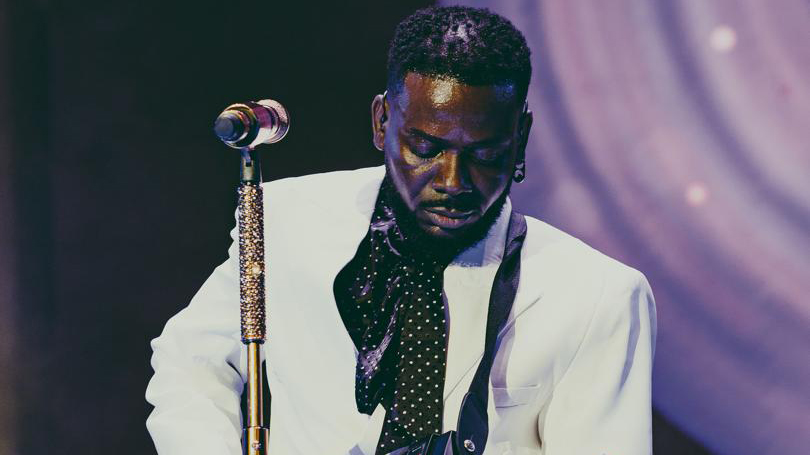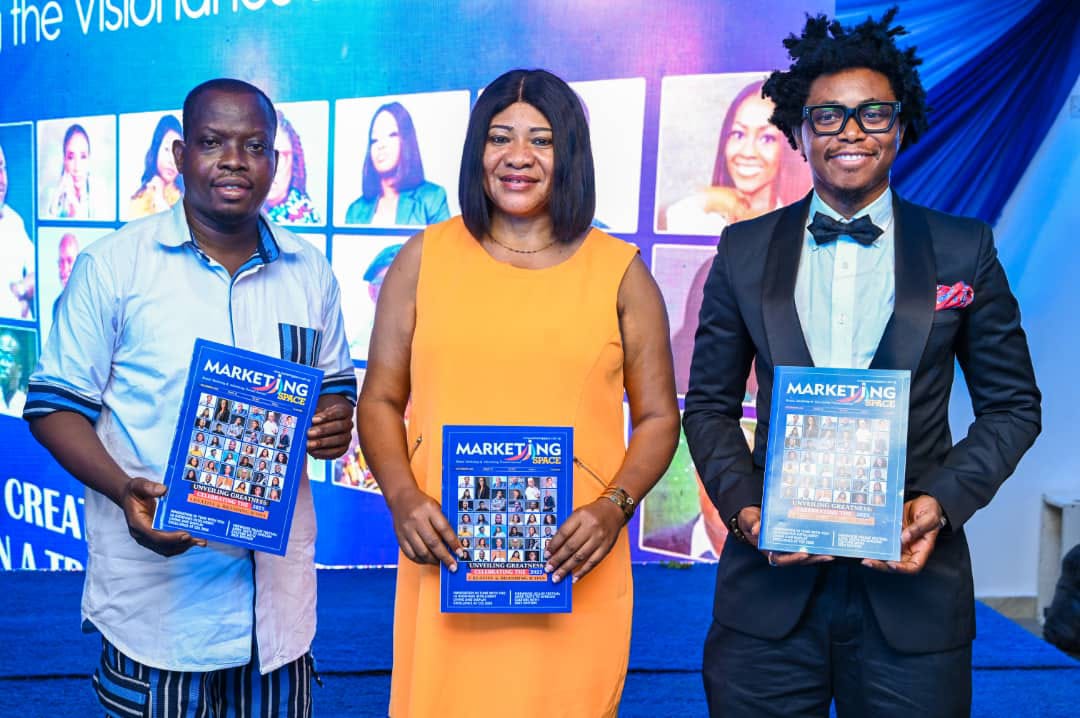Members of Broadcast Media Africa (BMA), in partnership with the Broadcasting Organisations of Nigeria (BON), have stressed the need to uphold indigenous quality content, embrace innovation and champion African narratives on a global stage.
They spoke at a two-day broadcast and digital media convention held in Lagos recently. Themed, ‘Broadcasting and Content Publishing in the AI-Infused Digital Ecosystem,’ the event brought together key stakeholders from across the media value chain, including regulators, broadcasters, tech innovators, and advertisers.
The convention explored evolving shifts occurring in the continent’s media landscape, ranging from the rapid rise of streaming platforms to the integration of AI and blockchain into content production and distribution.
Speakers dissected how traditional broadcasters are reassessing their relevance amid digital disruption, and how strategies for developing local content need to align with global trends.
Some of the participants include, Director General, Ghana Broadcasting Corporation, Prof. Amin Alhassan; Director General of the National Broadcasting Commission (NBC), Charles Ebuebu; Director General, Voice of Nigeria (VON), Jibrin Baba Ndace; Managing Director Brand Eye Media, Femi Adelusi; Chief Executive Officer of Brila Media Group, Debbie Larry-Izamoje; Chief Executive Officer Arewa24, Celestine Chidi Umeibe and Managing Director of Galaxy BackBone, Prof. Ibrahim Adepoju Adeyanju, who was represented by Kazeem Sulaiman.
In his address, Broadcast Media Africa CEO, Benjamin Pius, remarked, “Africa’s broadcast and media industry is at a crucial turning point. This convention offered more than just discussion — it created a platform for concrete action to define how the continent tells its own stories moving forward.”
Ndace stressed that AI is not a threat but a tool, highlighting the importance of understanding and harnessing the technology effectively. To him, there is need to embrace AI with strategy and ethics; invest in research and innovation; forge alliances beyond borders and allowing African stories lead the global narrative in the AI age.
He added VON stands ready to lead the nation’s charge in international AI-powered broadcasting. Ndace also listed opportunities as, real-time global audience engagement; smart content recommendation systems; voice AI for multilingual programming; automated transcription and subtitling for accessibility; strategic content partnerships powered by AI metadata tagging.
Regarding challenges, he pointed to the ethical implications and risks of misinformation, the need for clear regulatory frameworks for AI use, gaps in digital literacy among broadcasters, and ongoing infrastructure and connectivity limitations in developing regions.
Speaking on, ‘Transforming Radio Broadcast Services Through AI in the Digital Age,’ Prof. Adeyanju noted AI is providing intelligent content creation and curation; personalisation of listening experience; enhanced audience analytics; automating workflows such as show scheduling, ad placements, and voice synthesis; real-time translation and closed-captioning, breaking language barriers and making content accessible to people with disabilities, thereby expanding radio’s reach to underserved populations; text-to-speech generators are transforming content creation.
To the don, broadcasters can now automate the generation of news summaries, weather forecasts, and even multilingual voiceovers. He, however, highlighted some challenges associated with AI such as data privacy and ethics. The use of AI requires collecting and processing personal data, raising crucial concerns around privacy, consent, and data sovereignty.
Many stations, particularly, in West Africa, still operate on analog systems or outdated digital equipment, posing a significant barrier to AI integration.
Adeyanju said there is a significant shortage of AI-literate personnel in many radio stations and media organisations across West Africa, necessitating targeted training initiatives.
He also highlighted the high initial investment required for AI infrastructure, software licenses, and specialised talent, noting they may deter smaller or community-based broadcasters
Concerning policy and regulatory environment, he advocated working towards harmonisation of regional regulations to foster a unified and consistent digital media market in West Africa; incentivising public-private partnerships for digital media transformation and technology transfer; developing clear frameworks for data governance and sovereignty specific to the media sector, ensuring responsible data handling; encouraging the development of interoperability standards for AI tools and platforms to prevent vendor lock-in and promote a competitive ecosystem and promoting local content and language inclusivity within AI-driven broadcast services.
Ultimately, he noted that with the rise of deepfakes and AI-generated false narratives, AI also offers opportunities to enhance trust and accuracy. He pointed to AI-powered fact-checking tools, content verification systems and synthetic media detection as valuable resources for helping broadcasters maintain credibility and support media literacy initiatives.






